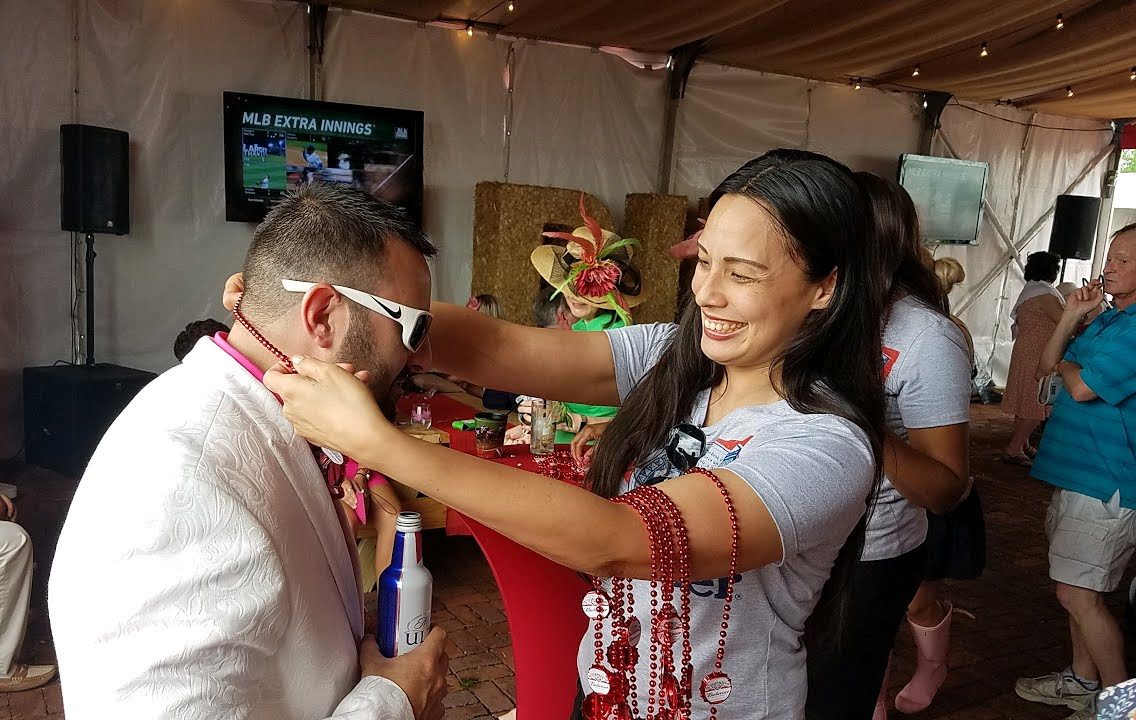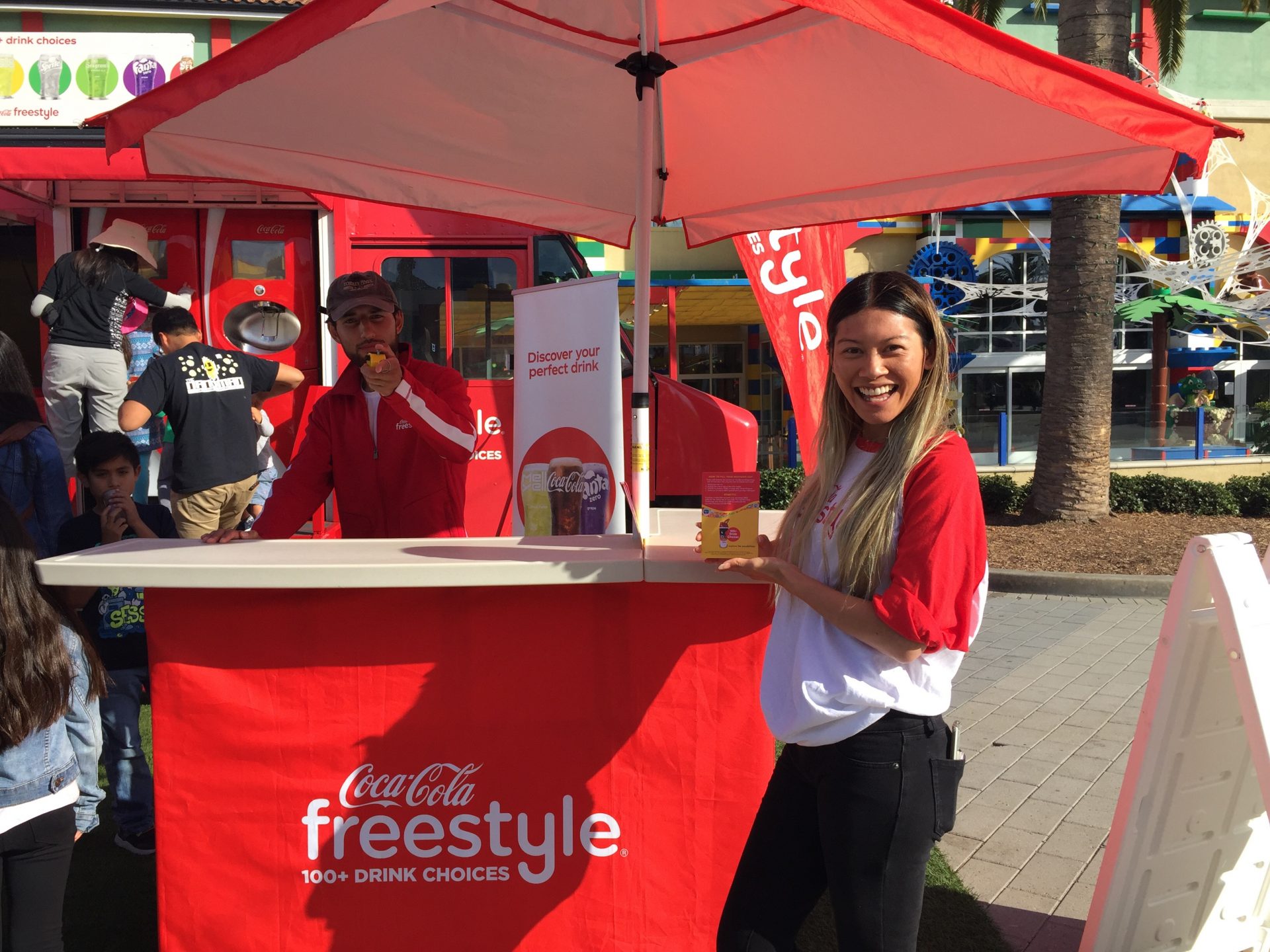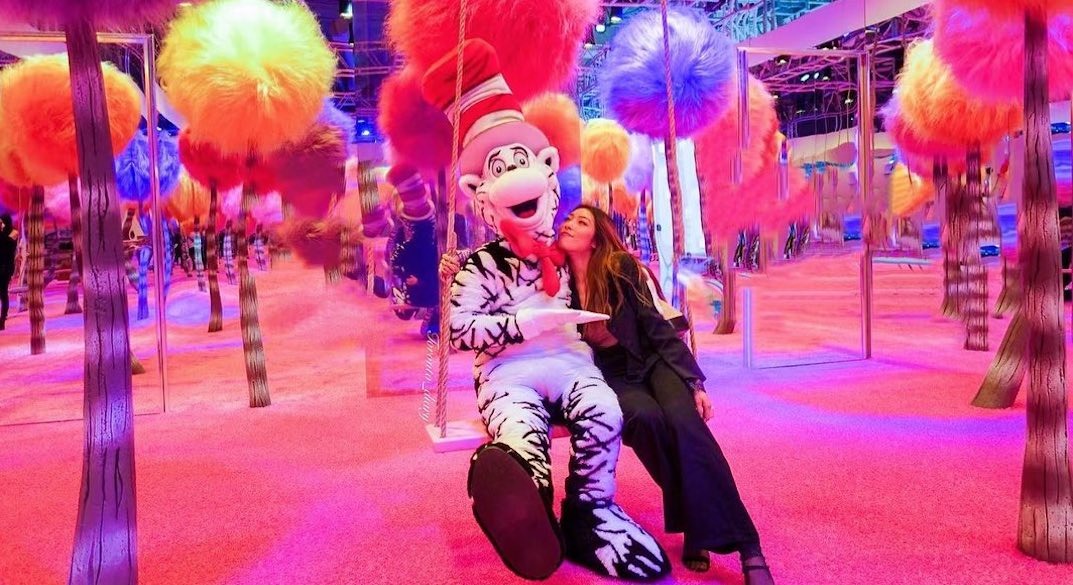11.15.19
By Lisa Major
Over the past decade, the speed at which the experiential marketing industry has changed is mind-blowing. If you think back to 2010, no one would have predicted the current state of the industry – the growth, the technology, its effectiveness, and so forth. As more and more brands add experiential into the marketing mix, the importance of staying on top of the latest trends is crucial. In this week’s Happy Hour, we take a look at how brands can launch a successful brand experience in 2020. We also explore why experiential is the top choice when marketing to Gen Z, the risk of digital advertising in today’s world, and why authenticity in marketing is important. Lastly, we feature BizBash’s top 10 campaigns of the week.

Ready Player One Activation @ SXSW (Photo: HubSpot)
Everywhere we turn, experts are chiming in on what experiential is, why it works, and how to execute a successful event. Not only that, more and more companies are allocating significant portions of their budget to experiential marketing. But with experiential becoming somewhat of a mainstay, brands must keep up with consumer expectations and demands. What worked a year or two ago may not be effective anymore. Here, we take a look at five ways experiential marketers can keep the momentum moving forward in the new year.

Photo: Bumble
By 2020, Generation Z will account for 40% of consumers. With that said, brands are eager to connect with this generation to earn their loyalty. But many marketers take the wrong approach when trying to connect with them, and it’s not entirely their fault. This generation has never known the world without the internet, and most are too young to remember the days before smartphones and social media. As a result, many marketers believe that they need to take a purely digital marketing approach to connect with Gen Z. But unlike other generations who separate digital and physical experiences, Gen Z doesn’t. To them, there’s little distinction between the two. Here, we’ll take a look at why a mixed marketing approach that includes a combination of digital and experiential marketing is the best way to reach Gen Z.

When it comes to your brand’s integrity, one poor experience can have crushing effects on your business, especially in regards to digital advertising. According to this article, more than a quarter of marketers have “experienced incidents in which their ads were placed next to offensive content.” With that said, it’s no wonder that 72% of marketers are concerned about brand integrity when it comes to digital ads. So what’s the solution in this digitally driven era? It’s that brands should shift their digital ad spend to experiential marketing. Experiential events are fully customizable to meet the needs and expectations of each brand. Plus, the strategy gives brands more control over the way content is presented which allows them to connect with consumers in a way that aligns with their values and vision.

With so much advertising noise in our everyday lives, it’s no wonder that consumers have checked out. Traditional and impersonal ads don’t stand a chance and that is why it is crucial for brands to create genuine and personal connections with consumers. Today’s consumers seek transparency from brands, and they want the focus to be on them instead of a financial transaction. In order to meet these expectations, brands should turn to experiential marketing. In-person events and experiences humanize brands while allowing them to create positive and memorable moments that resonate with consumers far longer than any type of traditional ad. Read on to learn more about why experiential is the most authentic type of marketing around and how you can tap into all it has to offer.

Photo: toronto_diary/Instagram
Each week, BizBash delivers a round-up of the best experiential ideas of the week. From the Knot Gala in NYC to the super-cute, multi-market Dr. Suess experience, see which campaigns made this week’s it list.
Thanks for joining us for this week’s round-up of experiential and event marketing news! Cheers!